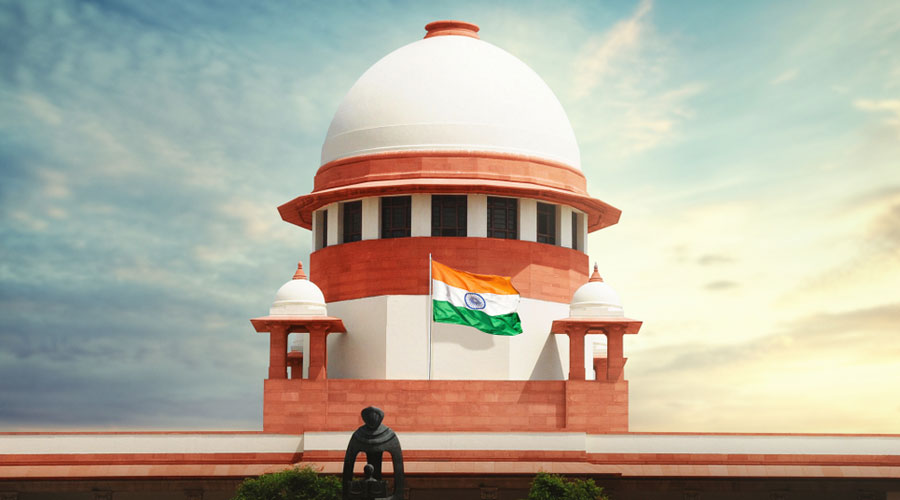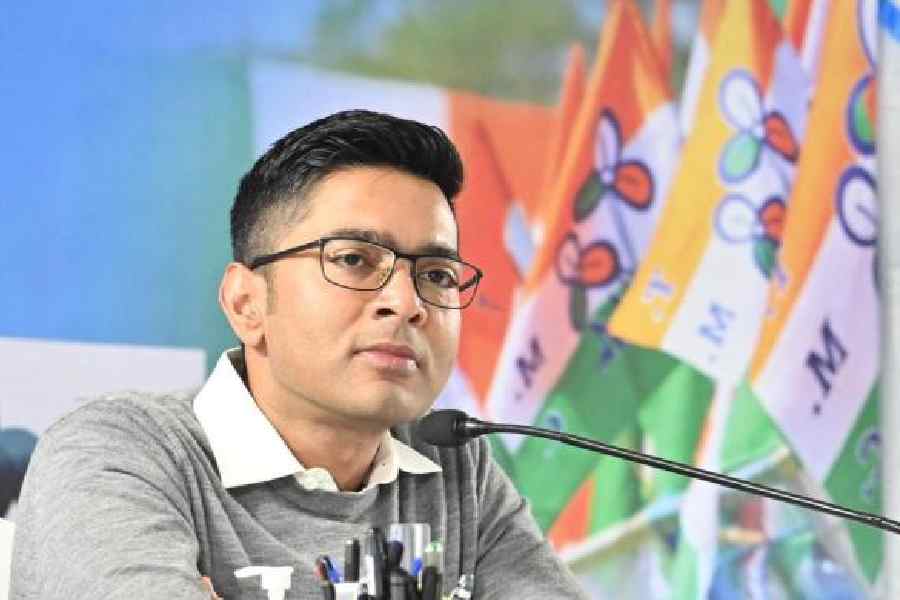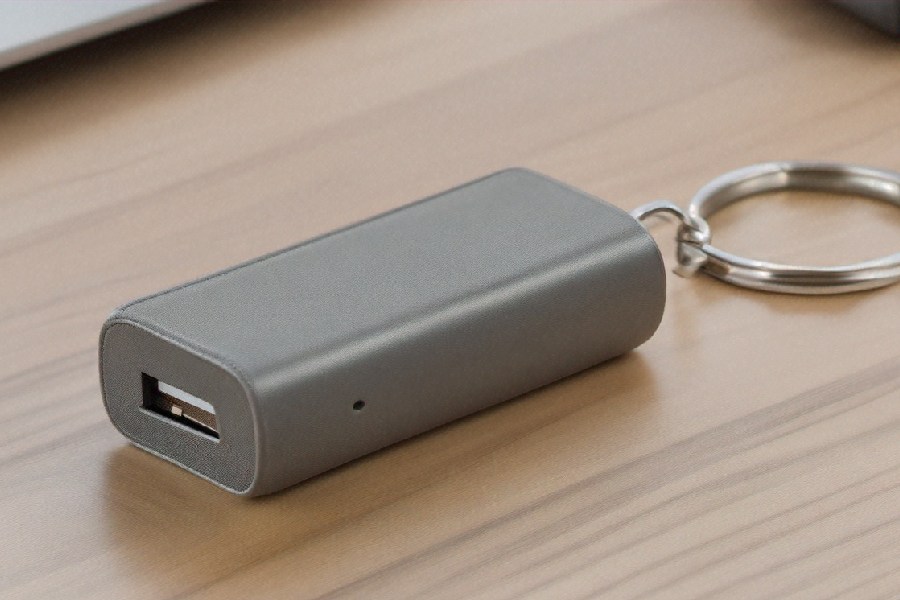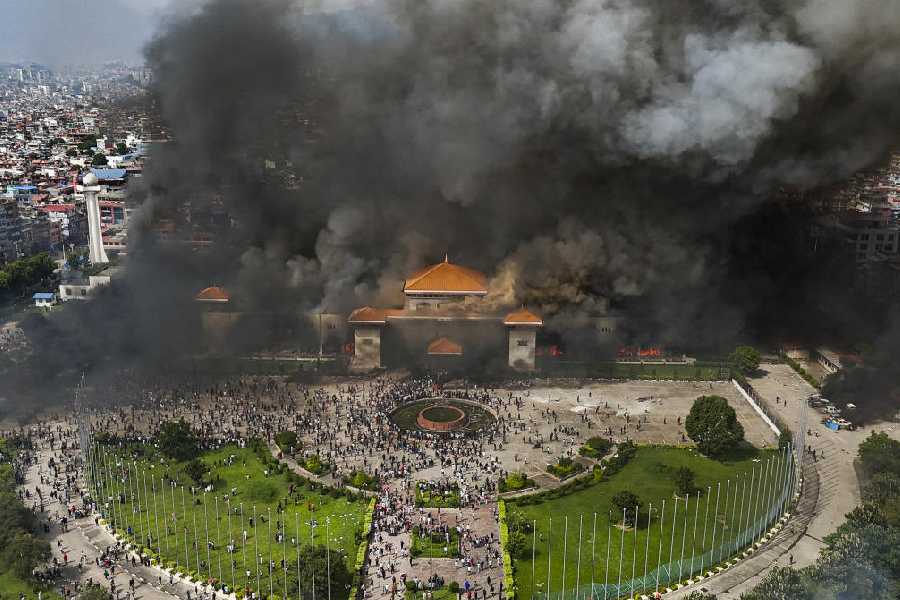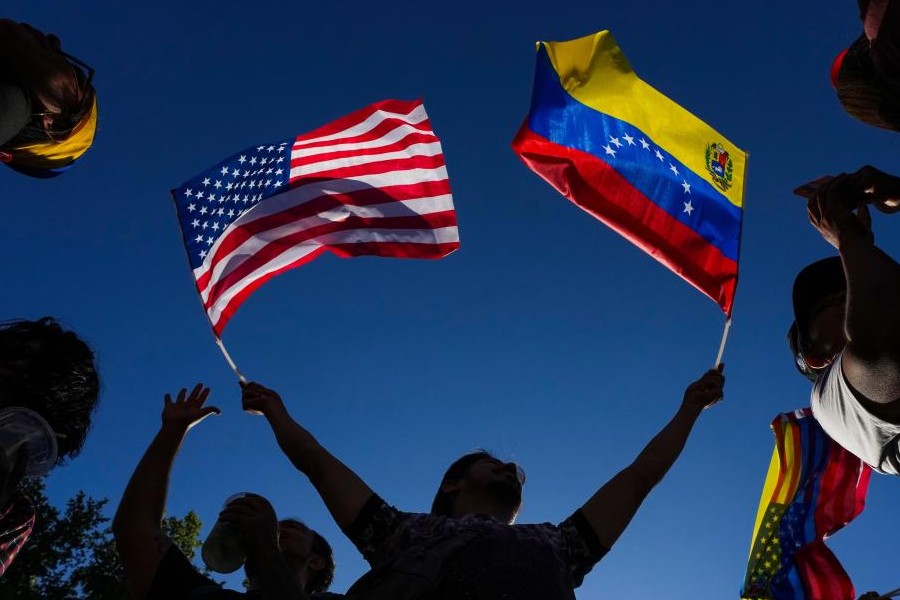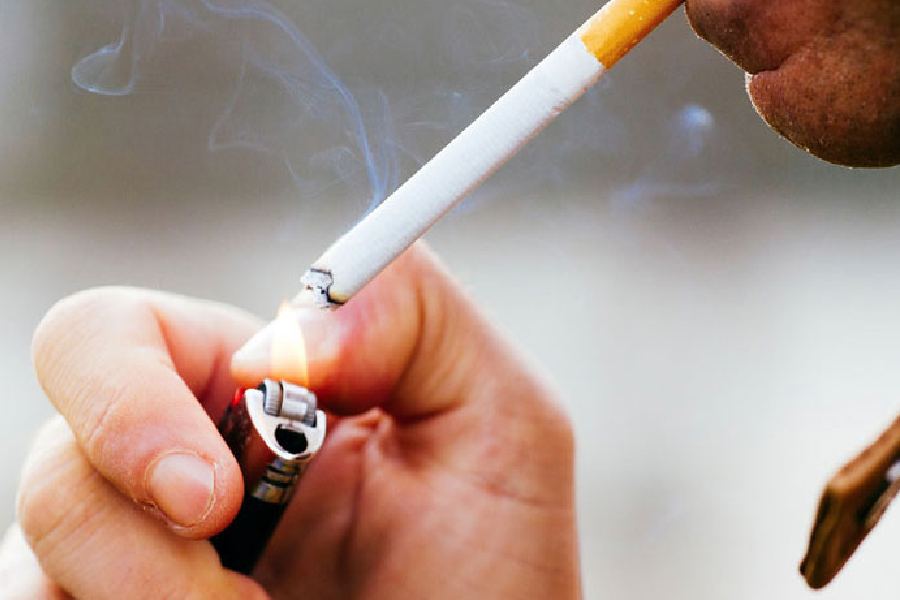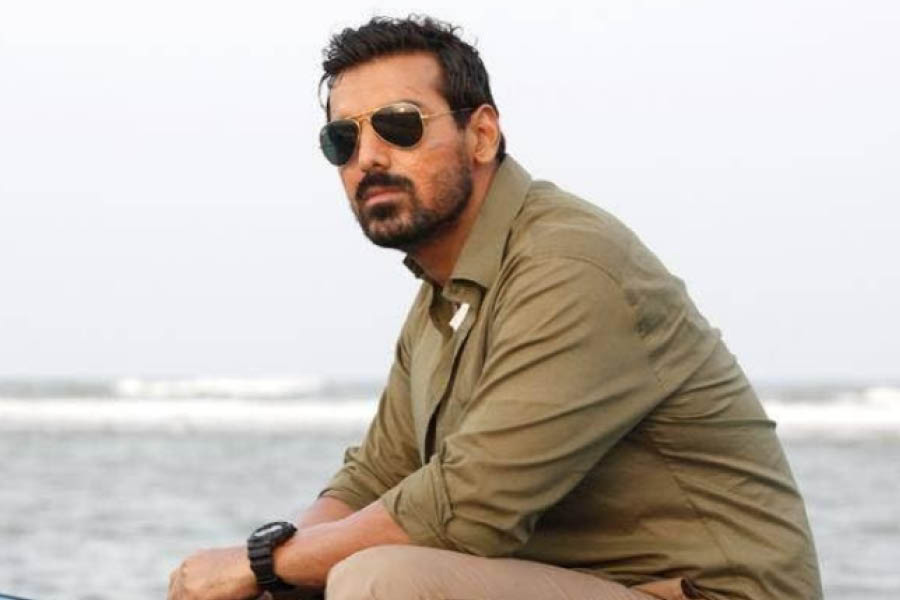The Supreme Court said on Friday that states would have to rise above politics, and harsh measures were required to contain the surge of COVID-19, observing, after submissions by the Centre, that things “have gone from bad to worse”.
The apex court also said there were policies, guidelines and standard operating procedures (SoP) for COVID-19 management in the country but that there was lack of implementation by the authorities and no concrete steps had been taken to deal with the issue.
“This is high time to take strict measures, otherwise the Central government's effort will go in vain,” the top court said.
The observations, by a bench headed by Justice Ashok Bhushan, came after the Centre apprised it that the ongoing wave of the pandemic appears to be harsher than earlier.
The bench, also comprising Justices R.S. Reddy and M. R. Shah, was hearing a case in which it had taken cognisance regarding the need for proper treatment of COVID-19 patients and dignified handling of dead bodies in hospitals.
Solicitor General Tushar Mehta told the bench that states would have to ensure strict implementation of the guidelines and SoPs as this wave appeared to be harsher than the earlier ones.
Taking note of his submissions, the bench said, then harsher steps were needed to be taken. “Things are going from bad to worse, but no concrete steps are being taken. States will have to rise above politics. All states will have to rise to the occasion.
“Strict measures are required. This is high time to take strict measures,” the bench said, adding, “there are policies, guidelines and SoPs but there is no strict implementation. There is no will to implement all this.”
When Mehta said that states would have to tighten up the implementation of measures to deal with the situation, the bench said, “Yes, otherwise the Central government's effort will go in vain”.
The solicitor general said, “It cannot be ‘me’ versus ‘they'. It has to be ‘us’.”
During the hearing conducted through video-conferencing, the bench observed, “We are watching celebrations and processions being taken out in which 60 per cent people have no masks and 30 per cent have their masks hanging.”
Mehta informed the bench that 10 states, including Maharashtra, Kerala and Delhi, were currently contributing around 77 per cent of the active caseload of COVID-19 in the country.
The apex court, which posted the matter for further hearing on December 1, also took cognisance of the fire at the ICU of a designated COVID-19 hospital at Rajkot in Gujarat in which five patients died. It came down heavily on the states for not taking any concrete action to mitigate the problem despite repeated instances.
Terming the fire incident at Rajkot as shocking, the apex court said this was very serious and reflected the situation of designated government hospitals as similar instances had taken place in other places too. It also asked the Gujarat government to submit a report on the fire incident by December 1.
The top court on November 23 had said that the COVID-19 pandemic had worsened in Delhi and gone out of control in Gujarat. It had also directed the Centre and states to apprise it of the steps taken to contain the situation nationwide.
It had expressed concern over the spurt in coronavirus cases across the country and said the situation was likely to worsen in December. “All states have to be ready to combat it,” it said.
In the June 19 order, the apex court had directed the Centre and states to set up an expert panel for effective monitoring, supervision and guidance of government and COVID dedicated hospitals for providing proper care to patients.
It had directed the Centre to bring uniformity in charges of testing and other facilities and ordered it to constitute an expert committee of senior doctors of Central government hospitals, GNCTD-run hospitals, AIIMS and responsible officers from the Union health ministry.

